Tag: image of God
-
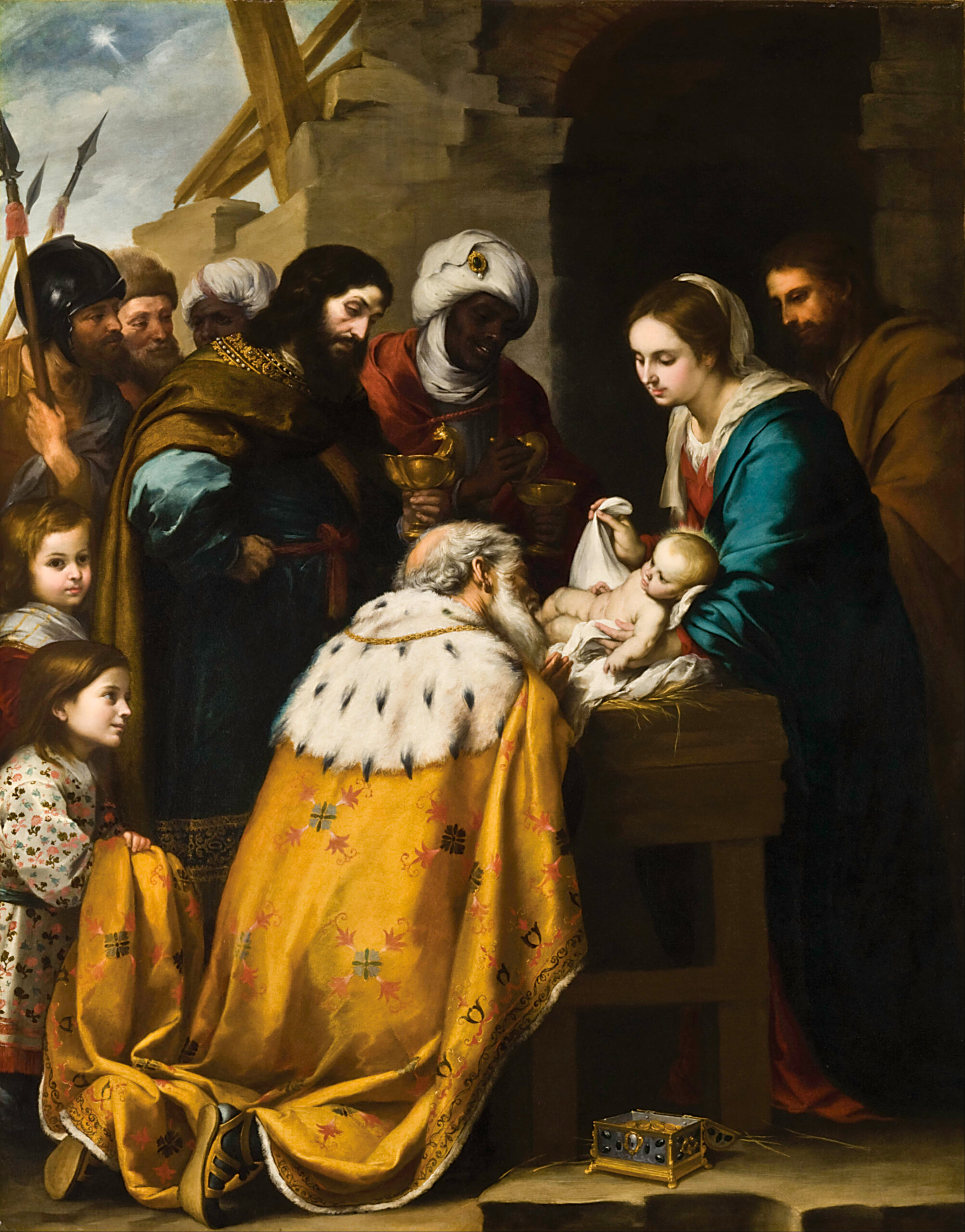
The Incarnation of Jesus and Incarnational Ministry in the Classroom
It’s at this time of year that we cultivate a sense of the incarnation with the buildup to the Christmas holiday. We see lots of decorations. There are school performances and church pageants. Our routines change to accommodate a plethora of Christmas parties. Despite the celebrating and decorating, there’s a deep concern about the commercialization…
-
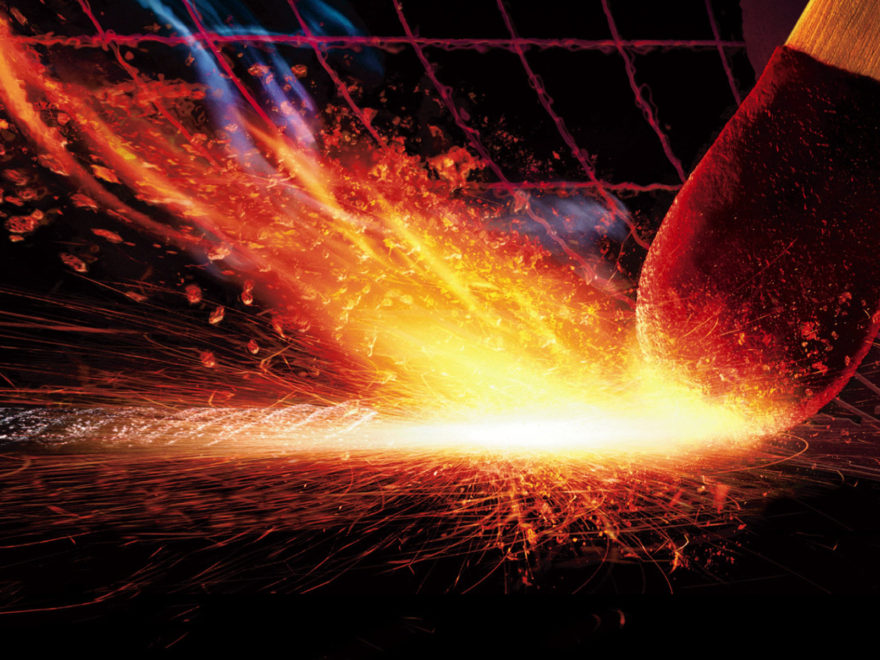
“Education is a Life”: Igniting a Love for Learning in the Classroom
“’Education is an atmosphere, a discipline, a life’––is perhaps the most complete and adequate definition of education we possess. It is a great thing to have said it; and our wiser posterity may see in that ‘profound and exquisite remark’ the fruition of a lifetime of critical effort (Charlotte Mason, Parents and Children, p. 33).…
-

Funding the Mission: Values for Fundraising in Christian, Classical Schools
At Educational Renaissance, we seek to promote a rebirth of ancient wisdom for the modern era. We believe that education is so much more than getting good grades, receiving admission to prestigious universities, and fulfilling state requirements. To be sure, evaluation is productive, higher education is valuable, and scripture grants government an important role in…
-

Apprenticeship in the Arts, Part 5: Structuring the Academy for Christian Artistry
In the previous article we explored the need to counter the passion mindset of our current career counseling by replacing it with a craftsman mindset drawn from a proper understanding of apprenticeship in the arts. Apprenticing students in various forms of artistry (including the liberal arts) constitutes the role of the Academy that is most…
-

Building a Strong Faculty Culture
Schools are interesting organizations, to say the least. They may vary in leadership structures and governance policies, but they all contain the same core groups of constituents: students, parents, faculty and staff members, administrators, board members, and donors. Of these groups, which is most critical for the success of the school? While a compelling case…
-
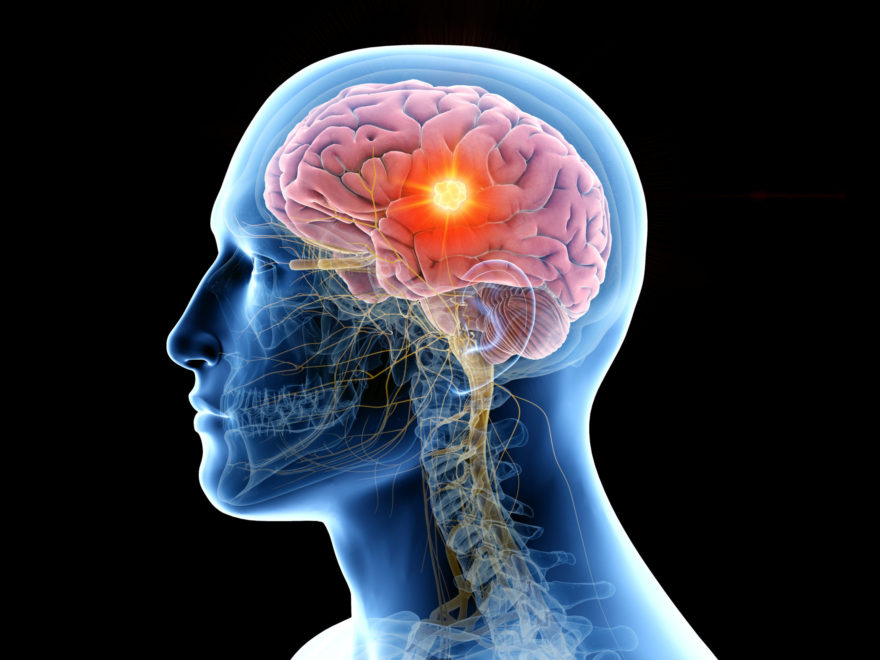
The Human Brain and the Liberal Arts
For some Christians, brain science and talk of “caring for your brain” can be uncomfortable. It smacks of a physicalist conception of reality in which all we are is our physical bodies. As Christians, we believe in the reality of the soul and a transcendent immaterial world. To focus myopically on the brain may cause…
-
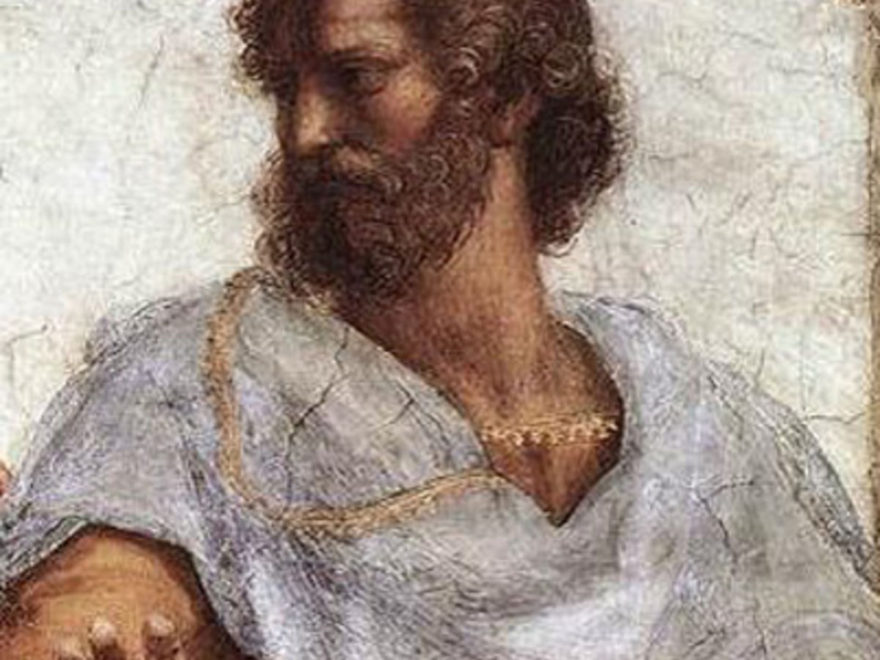
Aristotle’s Virtue Theory and a Christian Purpose of Education
Up till now in this series I have evaluated Bloom’s taxonomy and mostly used Aristotle’s intellectual virtues as a foil in my critique. And so while I have, to a certain extent, defined and described Aristotle’s five intellectual virtues, alongside offering an outline snapshot of a classical Christian educational paradigm based on them, my explanations…
-

Back to School: 3 Principles for Returning to School Amidst the Pandemic
Our world has been turned upside down in the last five months, or so it feels, and a course-correct doesn’t seem likely soon. While educational leaders across the country have sought to stay positive and assure families of an in-person return to school in August, some are having to pivot back to remote and hybrid…
-

The Problem of Technicism in Conventional Education
Technicism is not simply an over-fascination with technology as a means of stimulating learning out of students, though that problem plagues conventional education as well. Instead, I use the term ‘technicism’ to refer to a broader ideological approach to education that has become captivated by quantitative measurements and the economic evaluation of success. In technicism…
-
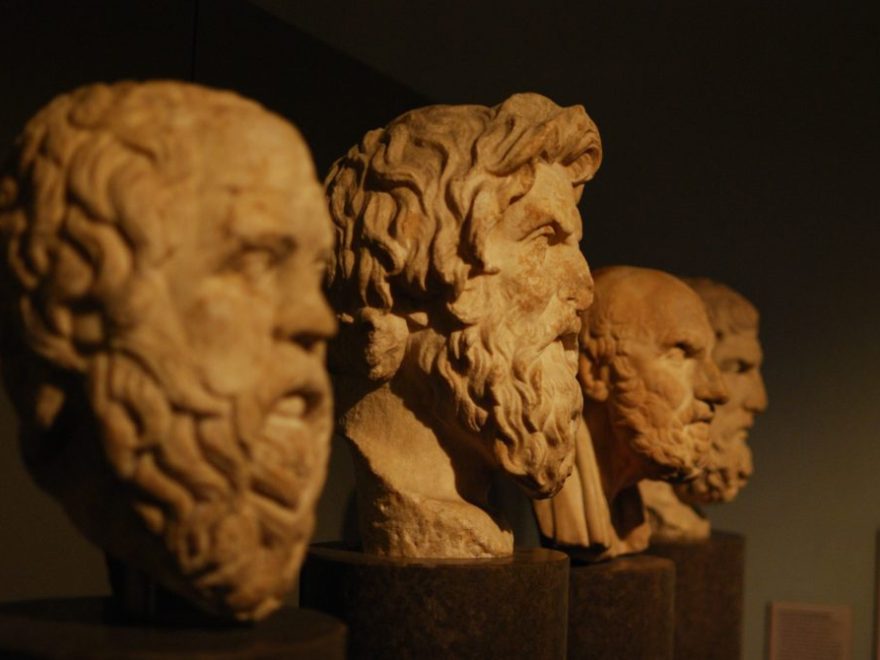
Charlotte Mason and the Liberal Arts Tradition, Part 1: Mapping a Harmony
“What has Athens to do with Jerusalem?” the church father Tertullian skeptically asked. Tertullian was writing at a time in which church leaders were weighing the pros and cons of mining the Greco-Roman philosophical tradition for insights they could utilize in the development of a distinctively Christian philosophy. Similarly, within the Christian classical school movement,…
